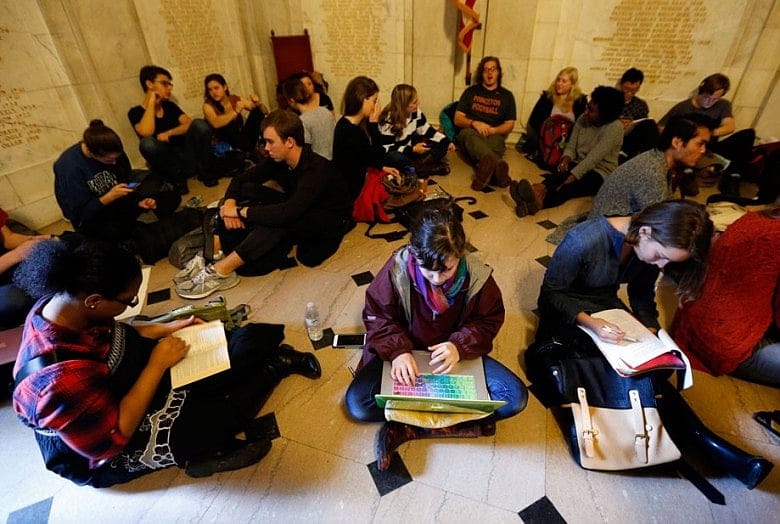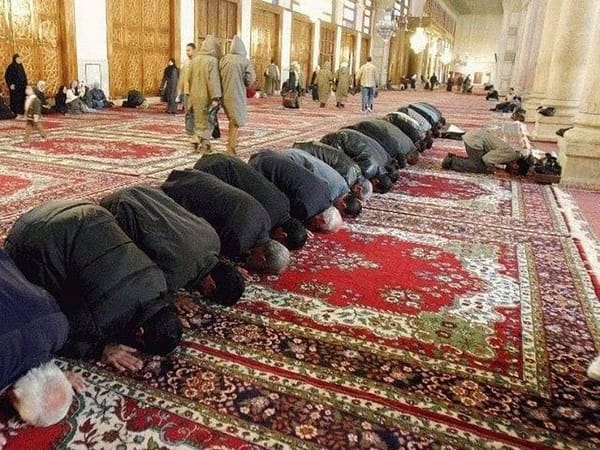The fantasy of the safe space

"In politics," said Nietzsche, "the professor plays the comic role."
There was a time, on American college campuses, when this may have been true. In the '70s and '80s, American academics were, indeed, like clowns – tenured radicals who fed their students a daily diet of Marxist theory, political activism, and lectures on social justice. Much akin to the Pied Piper of Hamelin, college professors led the way while unwary students followed lockstep behind.

